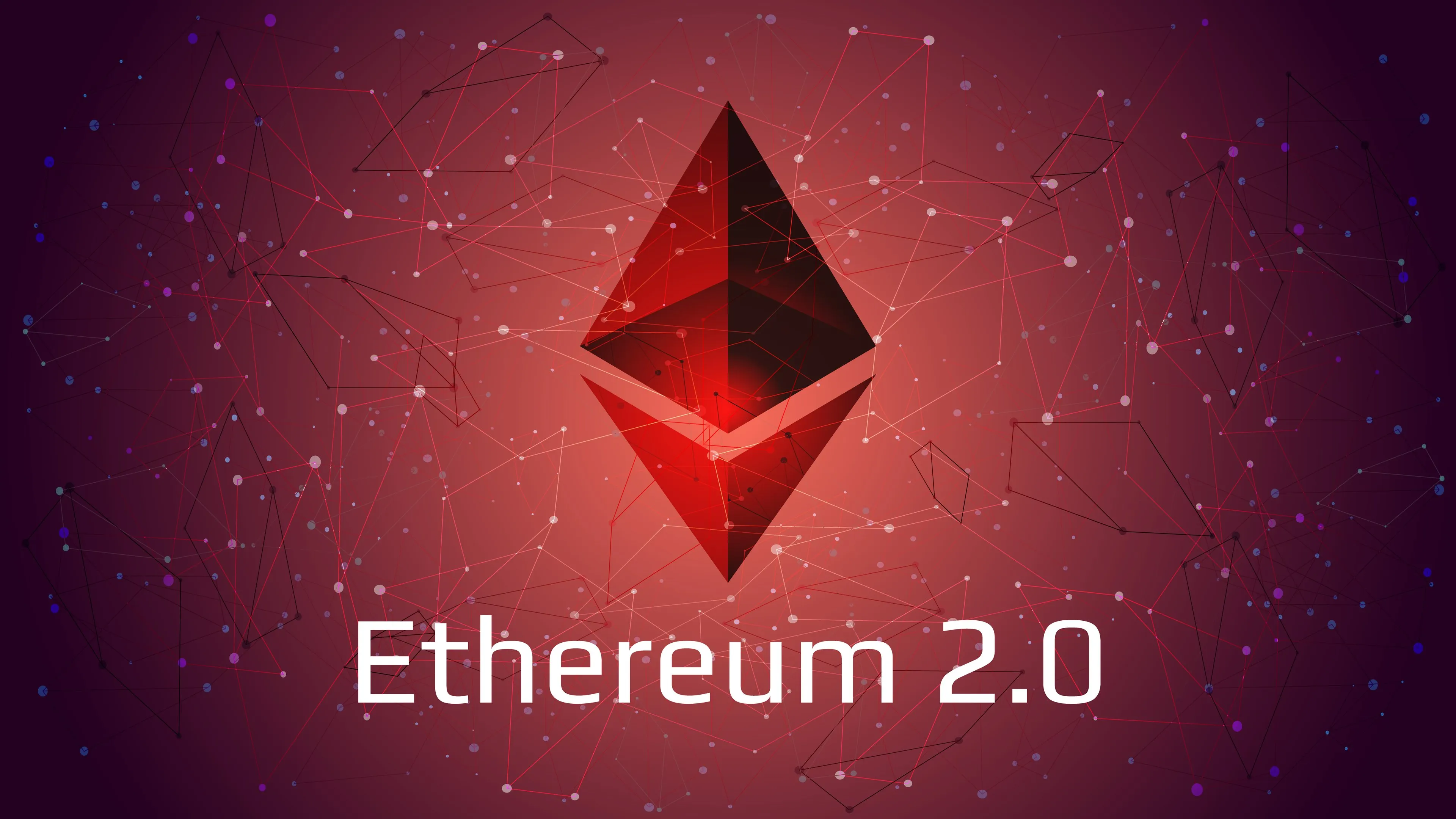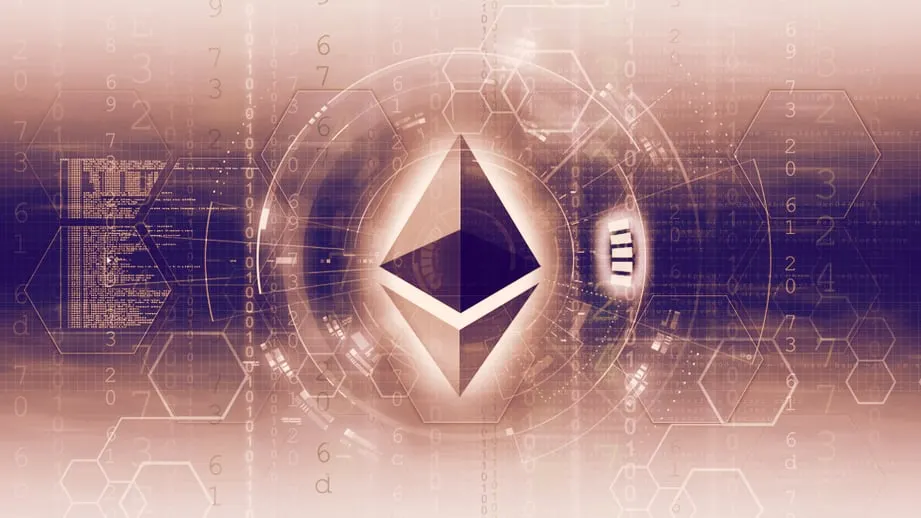In brief
- Not enough people are staking Ethereum for the Ethereum 2.0 upgrade.
- There are many reasons why users are avoiding staking.
- For some, the asking price of 32 ETH is just too expensive.
We do the research, you get the alpha!
The first part of Ethereum 2.0 was destined for the start of December. But so far, just 10% of the required ETH has been staked—implying the upgrade won't happen on schedule.
Staking Ethereum involves locking up a specific amount of the cryptocurrency in exchange for rewards. Ethereum 2.0—an upgrade to Ethereum’s entire platform—is on the horizon, making Ethereum far more scalable than it is today. So, why are some believers in Ethereum declaring that they won’t be staking on Ethereum in the future? For many users, it’s simply too complicated.
“Right now, the only option to stake is to run your own Ethereum 2.0 node. Which is much easier than setting up a mining rig but still a bit intimidating for many normal users,” Lito Coen, founder of CryptoTesters, told Decrypt.
The reason users would now have to run their own nodes in order to stake in Ethereum is because many platforms that provide nodes for users—like Stakewise—are simply not ready yet. Only a few platforms, such as LiquidStake, are up and running.

As a result, few people have committed to the upgrade. After some initial big deposits, the influx of ETH being staked has slowed down. According to Dune Analytics, only 276 stakers have deposited 57,000 ETH ($26.5 million).
And there’s a long way to go. To trigger Etherem 2.0’s genesis, 524,288 ETH split between 16,384 stakers is needed at a minimum.
But it will be some time before the staking services are ready. According to Kirill Kutakov, co-founder of Stakewise, there are “plenty of technical details to work out to ensure that the platform is safe to use. Clients, audits, adapting and waiting for ETH 2.0 specification changes, that kind of thing.”
Those currently staking Ethereum are those capable—or confident— in running their own node. “These people are well aware of all the risks and have significant capital, so they approach Genesis very cautiously,” Kutakov said.
Ethereum 2.0: A host of concerns
On Twitter, Ethereum 2.0 researcher Justin Drake created a poll where 50% of 3,600 respondents said they did not intend to stake on Ethereum—and only a handful said they planned to.
Do you intend to make a 32 ETH deposit by November 24?
— Justin Ðrake (@drakefjustin) November 10, 2020
One big concern is the amount of money it costs to stake. In order to stake in the network, a user would need a total of 32 ETH. At the time of writing, that’s a total of $14,600, which is simply too expensive for most users. “So basically it’s for rich people,” said another Reddit user.
Another major issue is that the funds will be locked up for two years. According to a Reddit thread, staking is “for people who are completely sold on the future of Ethereum and have no immediate need for any of the funds tied up.”
Other comments on Drake’s Twitter poll demonstrate how the technical understanding necessary to stake is also out of reach for many people.
“I intended to but technical requirements are too high for me,” said Farid Rached, with another Twitter user asking, “Can you share some resources on how the process works? Do I have to operate a node?”
Lastly, there’s also some traditional scepticism in the works. Ethereum’s price might be on the rise, but, for some onlookers, that tells us nothing about the future. “We have absolutely no way of knowing whether it’s the beginning, end, or middle of a so-called bull run,” said Reddit user WolfOfFusion, adding, “It’s pure speculation.”
Update: This article has been clarified to show that Kutakov is referring to staking services, not Ethereum 2.0.





